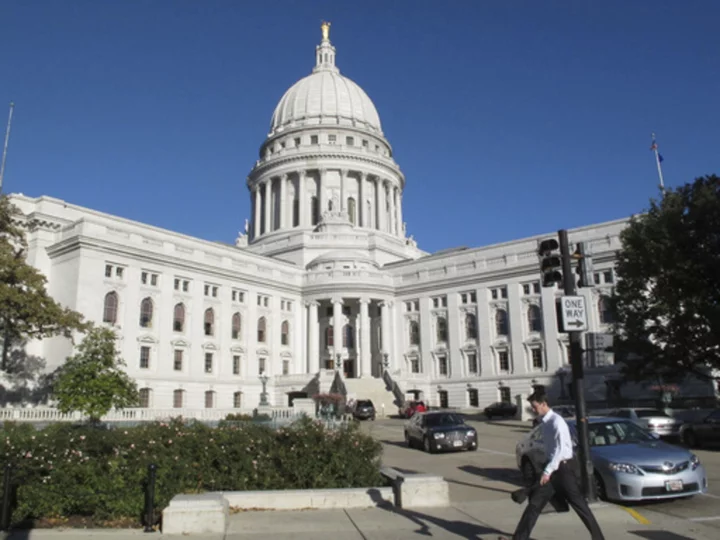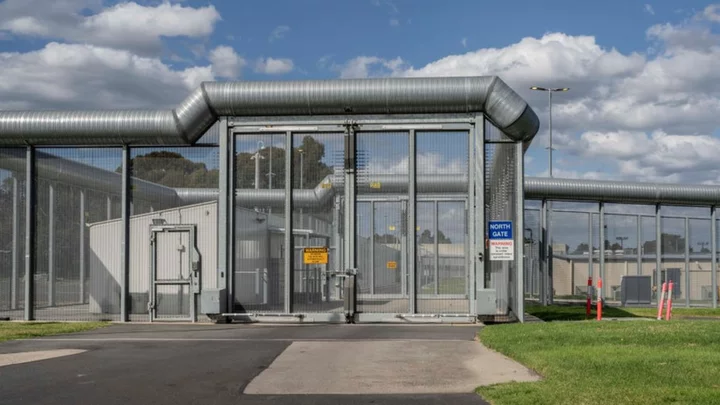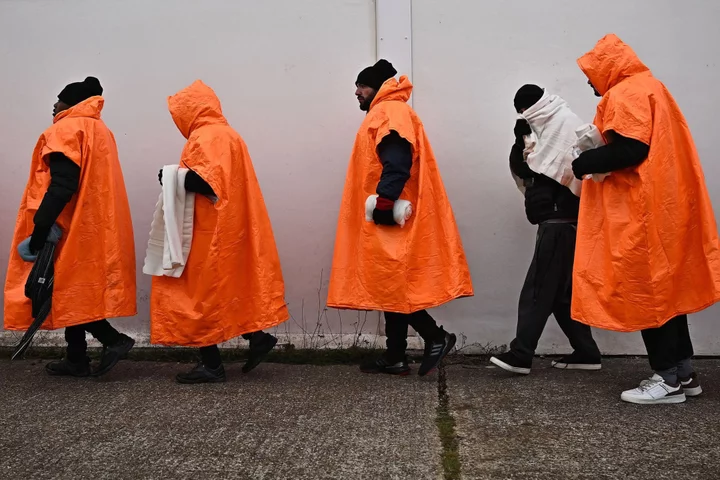JERUSALEM (AP) — Israel's highest court said Wednesday that it would hear petitions in September against a divisive law weakening its power that the country's parliament passed earlier this week.
Israeli civil society groups and others have filed petitions asking the Supreme Court to strike down the law enacted Monday — the first major piece of legislation in Prime Minster Benjamin Netanyahu's broader program to overhaul Israel's judiciary.
The far-right government's plans to limit judicial power have plunged Israel into its worst domestic crisis in years, unleashing widespread unrest and exposing the country's deep social fissures.
Critics of the overhaul describe it as a blow to democracy, arguing that Israel’s judiciary represents the primary check on the powers of the parliament and prime minister. Netanyahu’s supporters say the law will prevent liberal, unelected judges from interfering with the decisions of elected lawmakers.
Hundreds of thousands of Israelis have poured into the streets to protest against the plan for the past seven months. While protests continue, opponents are also taking their fight to the Supreme Court — the very target of Netanyahu’s overhaul plans — hoping that justices will intervene.
The Supreme Court said that it would hear challenges to the new law after Israel’s parliament, or Knesset, returns from recess in September. It asked the law’s defendants to submit a response at least 10 days before the preliminary hearing but did not specify an exact date.
The law passed Monday specifically strips the Supreme Court of its power to block government actions and appointments on the basis that they are “unreasonable.”









